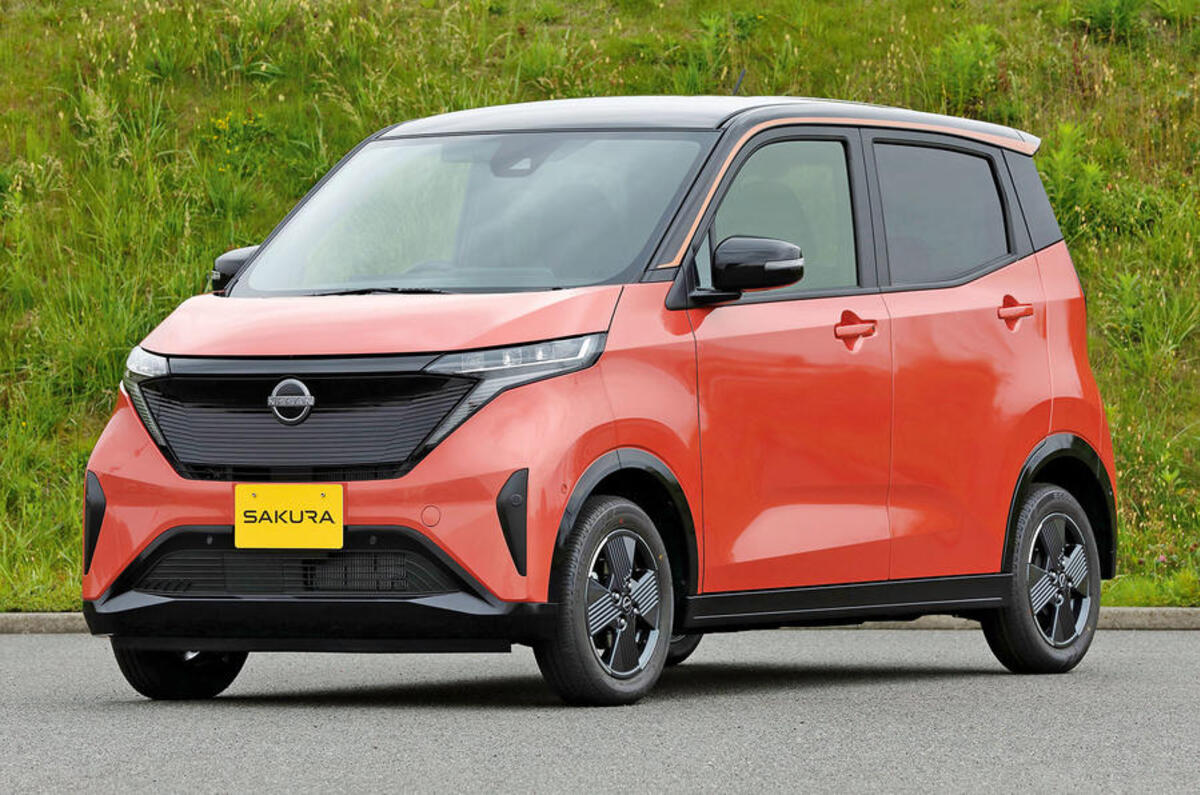European automotive lobby group ACEA has called for the introduction of special regulations for small, urban-centric EVs to create a version of Japan’s kei car segment.
Kei (short for keijidosha) is a specific category of cars in Japan whose small size and 660cc maximum engine displacement are regulated by the government to force car makers to design vehicles more suitable for cramped urban environments.




Add your comment